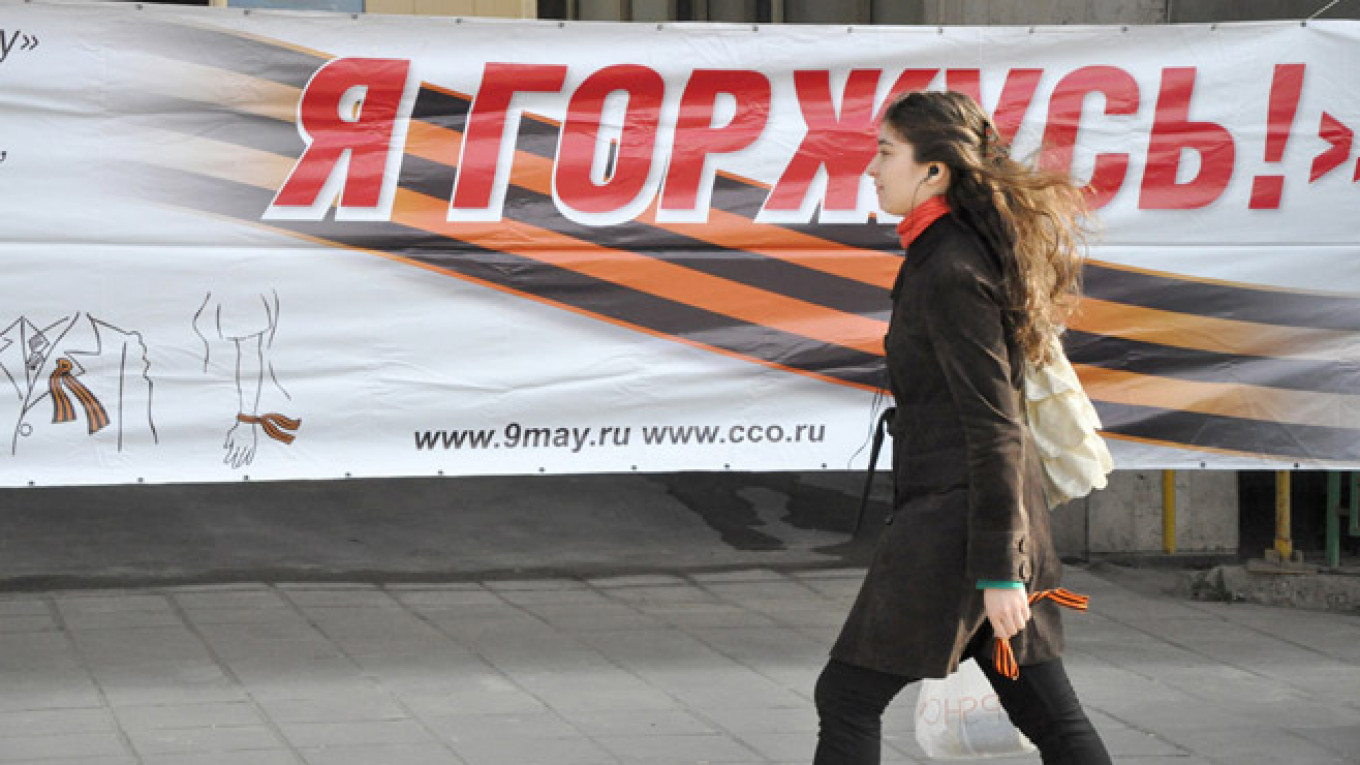It is too easy these days to become a hero. Someone takes a selfie holding a St. George's ribbon and he thinks he has accomplished a great feat. Someone else is awarded state honors for seizing peaceful settlements. In general, where can society look for heroes during peacetime, aside from the ranks of the police force or border patrol? In fact, real heroes do appear during peacetime, and their accomplishments are no less important for the country than those who defend the motherland at the front.
November saw the death of one of Russia's real heroes: Valery Senderov. In 1980, Senderov co-authored a book with Boris Kanevsky that was published in English as part of the larger book: "You Failed Your Math Test, Comrade Einstein." The original Russian tome was titled "Intellectual Genocide" and documented systematic discrimination against Jews attempting to matriculate at top Soviet universities.
Shortly afterward, the Soviet authorities arrested Senderov on political charges and sentenced him to seven years in a prison camp. It is no surprise that they interpreted the convincing proofs in "Intellectual Genocide" as "anti-Soviet propaganda."
The book does not rely on hard-hitting language or philosophical musings: It builds its case by compiling the entrance examination questions for the mechanics and mathematics department, as well as the physics department of Moscow State University — then the country's leading institution in those fields — along with notes to the proctors of the exam explaining which questions were difficult, even for graduate students, and which had never been solved by anyone.
This was code indicating that the former questions should be given to the usual applicants, and the latter to those with Jewish roots to ensure that they would fail to qualify for admission.
What are the origins of this discrimination? Historians of the Soviet period know that it all started when Moscow's relations with Israel soured and the Soviet authorities attempted to halt brain drain from the country's intellectual and artistic elite — many of whom were Jewish.
In addition, less gifted scholars and scientists sought their own advantage by excluding Jews from the mechanics and mathematics department. If the university was to admit only the most talented young people or hire such brilliant minds as Fields laureates Grigory Margulis and Vladimir Drinfeld, why would it have any need of people whose only qualification was membership in the Komsomol or a trade union?
Of course, having a hand in such discriminatory practices, even according to Soviet law, would have been criminal — and that is why it could never have happened without "orders from above." What's more, without such orders, Senderov would never have received seven years in prison for publishing the entrance exam questions along with the classified recommendations regarding Jewish applicants.
Today's students of Moscow State University and other institutions where discriminatory behavior existed right up until the mid-1980s are generally incredulous when first confronted with these stories. "That could never have happened here in Moscow only 30 years ago," they say. But they change their minds after reading the book or hearing someone who personally suffered from such discrimination — some of whom went on to become prominent scholars or scientists.
We associate genocide — even the intellectual variety — with less developed, more "barbarous" states of the distant past. It is thanks in part to Valery Senderov that the current generation believes discrimination based on ethnicity or religion is unfitting for Russia or any civilized nation.
Konstantin Sonin, a columnist for Vedomosti, is professor of economics and vice rector at the Higher School of Economics in Moscow.
A Message from The Moscow Times:
Dear readers,
We are facing unprecedented challenges. Russia's Prosecutor General's Office has designated The Moscow Times as an "undesirable" organization, criminalizing our work and putting our staff at risk of prosecution. This follows our earlier unjust labeling as a "foreign agent."
These actions are direct attempts to silence independent journalism in Russia. The authorities claim our work "discredits the decisions of the Russian leadership." We see things differently: we strive to provide accurate, unbiased reporting on Russia.
We, the journalists of The Moscow Times, refuse to be silenced. But to continue our work, we need your help.
Your support, no matter how small, makes a world of difference. If you can, please support us monthly starting from just $2. It's quick to set up, and every contribution makes a significant impact.
By supporting The Moscow Times, you're defending open, independent journalism in the face of repression. Thank you for standing with us.
Remind me later.






